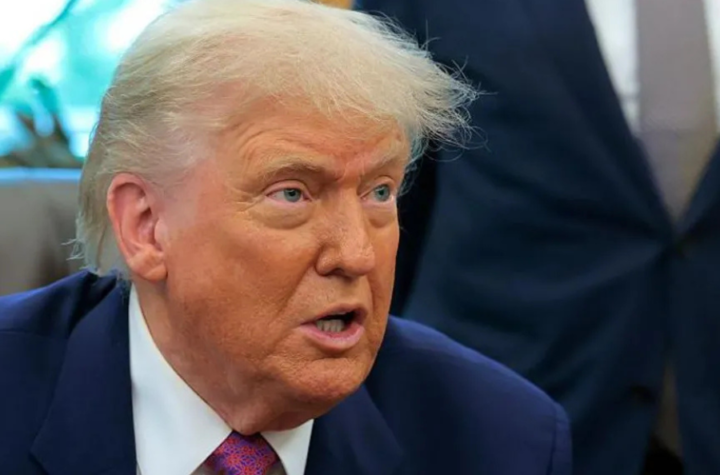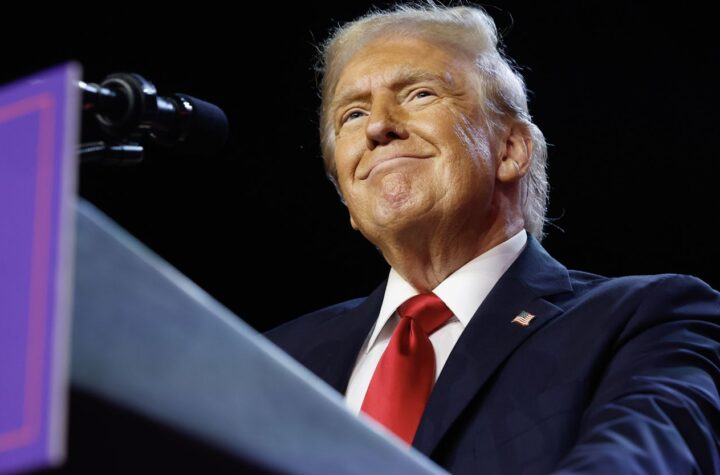China has rolled out new regulations requiring certain developers, who have received a minimum of 30 million yuan ($4.2 million; £3.3 million) in government funding, to install monitoring equipment at their projects. The move, effective this month, aims to bolster the struggling property industry and ensure transparency in the use of government funds. The National Development and Reform Commission (NDRC) announced the surveillance rules in January, emphasizing the need to regulate project implementation and funding utilisation.
The measures, part of the Chinese government’s broader efforts, are designed to prevent misappropriation of funds intended to support property developers facing financial challenges. Ben Harburg from investment firm MSA Capital highlighted that past breaches of trust by Chinese developers, such as diverting funds for personal use or unrelated expenses, prompted these stringent surveillance measures.
Under the new rules, security devices such as surveillance cameras, drones, or satellite equipment must be employed to monitor projects whenever conditions allow. The directive is aligned with China’s existing extensive surveillance infrastructure, making use of advanced technologies, including artificial intelligence and facial recognition.
While China’s surveillance network is already vast, experts like Professor David Goodman from the University of Sydney view the new rules as a response to the authorities’ determination to oversee state-sponsored projects rather than a “creepy” initiative. He noted an element of desperation in the authorities’ efforts to ensure performance and social achievement, and Mareike Ohlberg, a senior fellow at the German Marshall Fund of the United States, anticipated limited backlash given the widespread surveillance culture in the country.
The NDRC recommends the integration of big data and other technologies for swift problem detection, urging project developers to employ comprehensive strategies. Major Chinese developers, including Evergrande, Country Garden, Sunac, and Long for, were contacted for comments but have not responded.
The implementation of surveillance measures aligns with the backdrop of challenges in China’s property market, exemplified by the recent court-ordered liquidation of debt-laden developer Evergrande. The property sector, which constitutes approximately a quarter of China’s economy, is a crucial economic indicator. The Chinese government, recognising the sector’s importance, has introduced various measures, including bailout loans, to support struggling developers and maintain financial stability.
As the property crisis continues, concerns grow about the potential impact on economic growth and the stability of the financial system, emphasizing the significance of surveillance to ensure responsible fund utilization.











More Stories
American Airlines to Offer Free Wi-Fi on Most Flights Starting 2026
UK Economy Grows Faster Than Expected in February Amid US Tariff Concerns
KFC Moves Headquarters from Kentucky to Texas